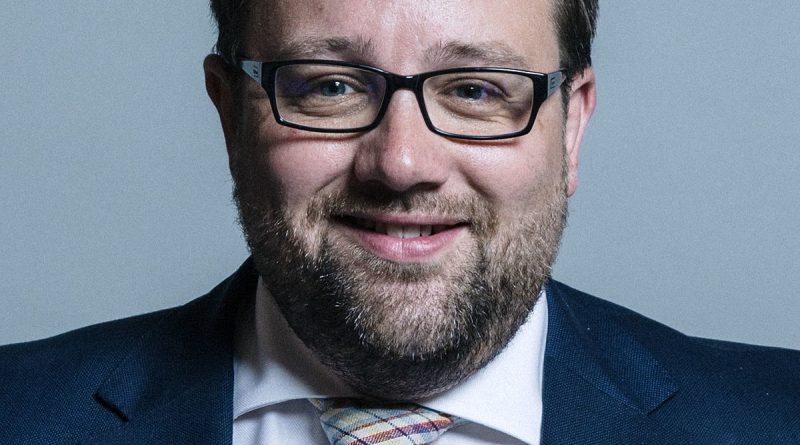Chris Elmore – 2022 Parliamentary Question on War Crimes in Ukraine
The parliamentary question asked by Chris Elmore, the Labour MP for Ogmore, in the House of Commons on 13 December 2022.
Chris Elmore (Ogmore) (Lab)
What diplomatic steps he is taking to help ensure that perpetrators of war crimes in Ukraine are held to account.
Andrew Selous (South West Bedfordshire) (Con)
What diplomatic steps he is taking to help ensure (a) prosecution of and (b) effective sanctions against perpetrators of war crimes in Ukraine.
The Secretary of State for Foreign, Commonwealth and Development Affairs (James Cleverly)
The UK has led diplomatic efforts to refer the situation in Ukraine to the International Criminal Court. With the US and EU, we established the Atrocity Crimes Advisory Group. We are working closely with our international partners to ensure that our sanctions are effective, and that those who are responsible for atrocities and breaches of international humanitarian law, at whatever level, are ultimately held accountable for their actions.
Chris Elmore
I thank the Foreign Secretary for his answer. In her recent visit to Parliament, the first lady of Ukraine highlighted that Russian soldiers had carried out sexual violence, including rape, against Ukrainian women with the consent of their commanders. As the Foreign Secretary will be aware, under UN international law the use of rape in combat is a war crime. Will he set out specifically what he will be doing on the diplomatic stage to ensure that when the war is over, or indeed before then, the soldiers who committed those crimes and the officers who authorised those disgusting and heinous rapes are dealt with in the International Criminal Court?
James Cleverly
The hon. Gentleman raises an incredibly important point. I had the privilege of speaking to the first lady at the Preventing Sexual Violence in Conflict Initiative conference that we hosted in London recently. I can inform him and the House that this morning we designated 12 more Russian military officers who were in command of Russian troops when atrocities took place. We work closely with the Ukrainian chief prosecutor, the International Criminal Court and our international allies to ensure there is an accountability framework that is effective, from the people on the ground who are perpetrating these crimes directly, to the officers who are ordering them to do that, right up to and including Vladimir Putin himself, who is ultimately responsible for these vile acts, which have taken place because of his invasion of Ukraine.
Andrew Selous
Does the Foreign Secretary agree that prosecutions and sanctions for atrocities in Ukraine should also be extended to those in Russia who perpetrate violence against women and girls, such as the Russian police officer Ivan Ryabov, who tortured courageous Russian women for speaking out against the brutality done in their name but against their will in Ukraine?
James Cleverly
My hon. Friend makes an incredibly important point. There are many, many Russians who are deeply opposed to the invasion that Putin initiated against Ukraine. Their bravery is legion. We have sanctioned more than 1,200 Russians and more than 120 entities as a direct result of Putin’s invasion. I will make note of the name he raised. He and I have discussed this previously, and he will understand that we do not comment on specific designations that might have been brought about.
Mr Speaker
I call the shadow Foreign Secretary.
Mr David Lammy (Tottenham) (Lab)
Labour has been calling for a special tribunal to prosecute Putin personally since March. This is a necessary part of securing justice for the victims of Putin’s war crime, and would add to the legal basis for confiscating frozen Russian assets. The EU has already set out a plan to shift frozen assets into a fund to help rebuild Ukraine, and Canada has already passed laws to do that. Why are the Government not doing the same?
James Cleverly
The Government and I have committed to exploring ways of ensuring that those individuals who supported Vladimir Putin—the kleptocrats and oligarchs who have helped to fund this aggression against Ukraine—are not just sanctioned; ultimately, we will look at legally robust mechanisms to seize assets as part of the reparations, rebuilding and reconstruction phase. Of course, we work closely with the Canadian authorities. Canada has a similar legal system to ours, for obvious reasons, and we will explore what it has done to see what we can learn to ensure that whatever vehicle we put in place has the desired effect and is robust.

